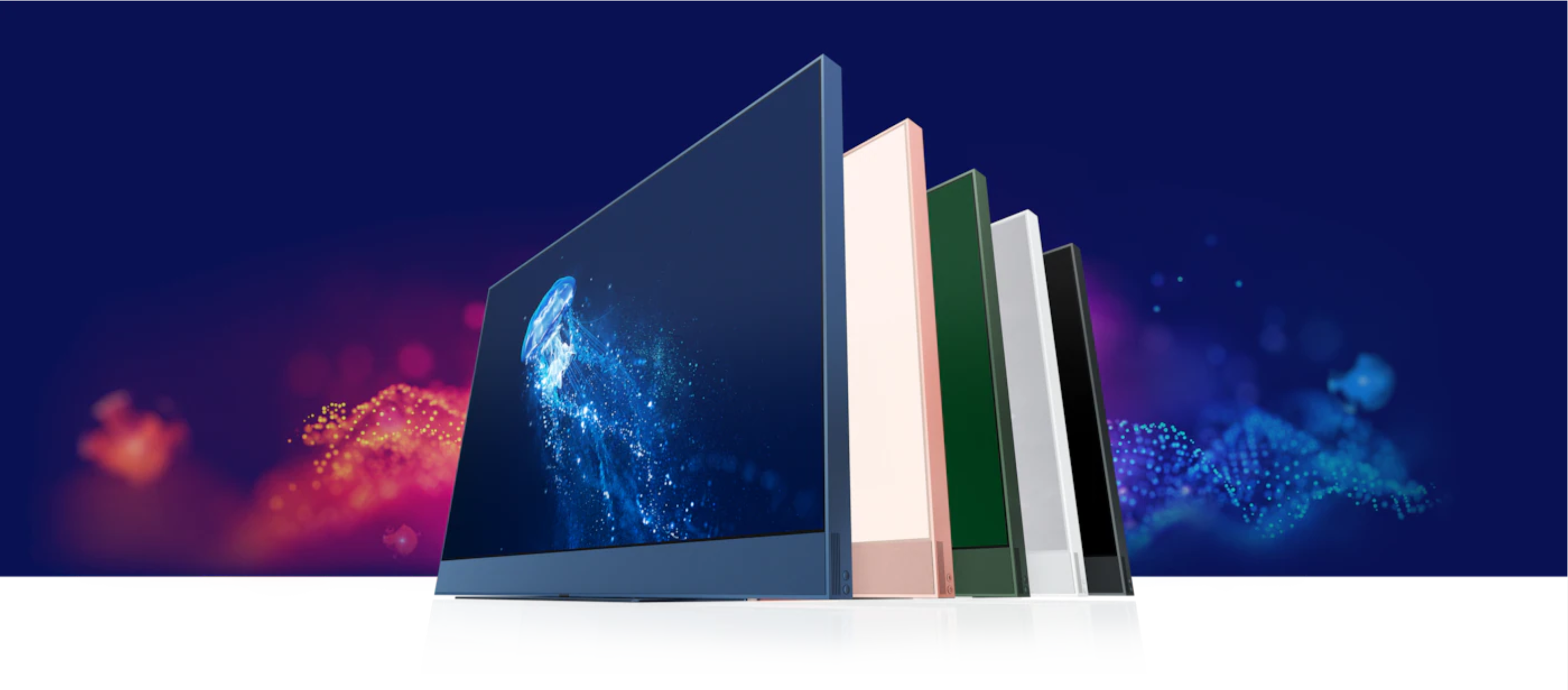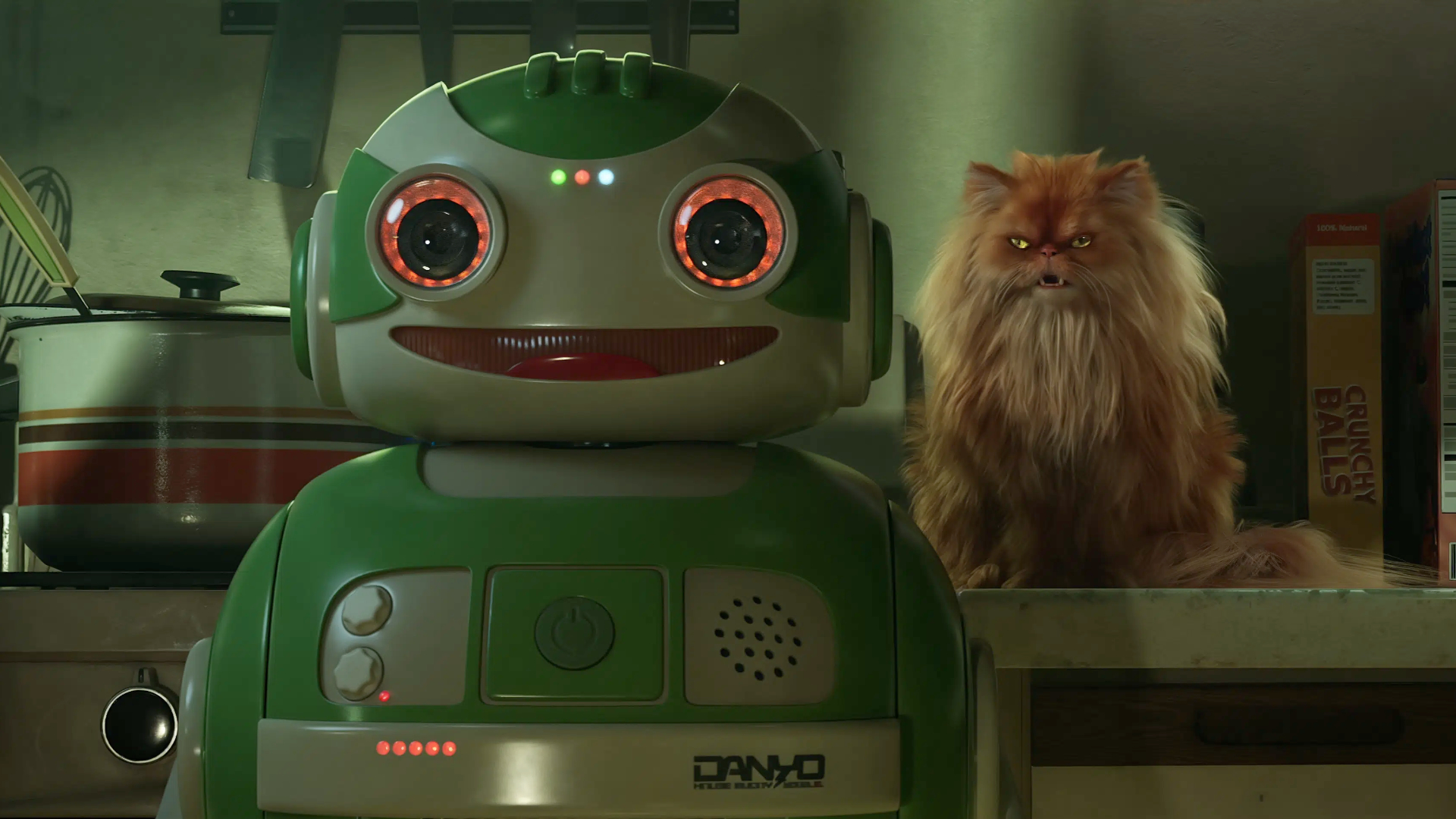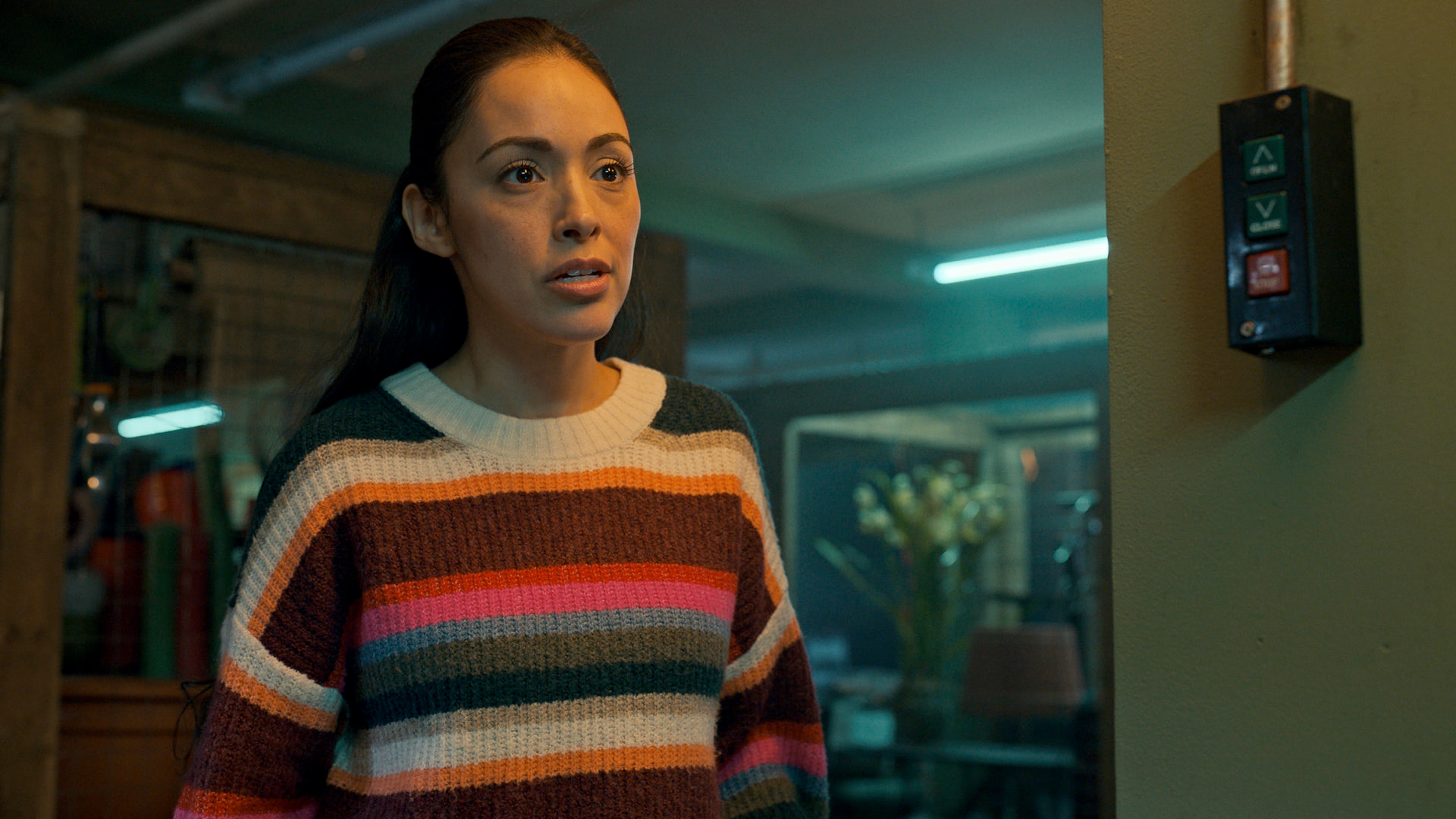

Sky Glass is now here and I think it's going to be a serious game-changer for the TV industry.
Sky Glass, for those who missed out its unveiling, is a new Wi-Fi powered smart TV designed and built by Sky that has a Sky TV box built in. No satellite dish is needed, and the TV can be included in a monthly Sky subscription, with both the TV and content delivered as one package.
Sky Glass is one TV, one power cable and one remote, and that simplicity and unification of hardware is carried through to its user interface, too, which is an evolution of that currently used on Sky's Sky Q set top boxes that unified Sky's content along with that from streaming services in one UI.
So, what we've got here is an existing technology that, by one company, has been re-imagined in the most unifying and, crucially, simple way possible.
And this is why Sky Glass is the iPhone moment of the TV industry's history, and why I think it is going to be just as influential.
Sky Glass simplifies TV and does so in a way that is aesthetically pleasing and incredibly easy to use, just like an iPhone.
Before the original iPhone launched phones were ugly, complex and had myriad user interfaces that often left a lot to be desired. Then iPhone happened and suddenly we could see what phones could be.
Sign up to the T3 newsletter for smarter living straight to your inbox
Get all the latest news, reviews, deals and buying guides on gorgeous tech, home and active products from the T3 experts
And that's just what's happened in the TV industry with Sky Glass.
Sky Glass is a product that, for the majority of TV users, is going to be a natural, step-change evolution of what they buy to watch content in their homes.
Just like with iPhone, there will be purists and enthusiasts who will need specific advanced specs or features who won't want Sky Glass, as while Sky Glass' panel, video options and audio are impressive they are not best-in-class, but these will very much be in the minority.
The reason why iPhone is, year after year, the best selling phone range on the planet isn't because it comes loaded with best-in-class hardware (indeed, often iPhones trail Android flagships by a year or two in terms of raw specs), but because they deliver a package that is really strong all-round and good enough for the mass market.
The devices are also really easy to use. Everyone from a child to an OAP can operate an iPhone, and that is what Sky has done with Sky Glass.
Technically in terms of hardware Sky Glass doesn't set records or push boundaries, but in terms of how it unifies the TV market in terms of hardware as well as doing so in terms of software and content libraries, too, it's a real landmark. And the fact it does this while keeping things so simple and, with its monthly payment option, affordable, it's really hard to see how it's not going to be absolutely massive.
Up until now the history of TV has been that of ever-increasing complexity and fragmentation of systems, software and content. Just look at your TV setup today and I bet you'll discover that you've got multiple pieces of hardware (TV, sound system, set top box) along with content that is split over multiple different places (Sky, Netflix, Disney+, Amazon Prime Video).
With Sky Glass, all of those things are delivered in one product. And, right now, it's hard for me not to see that as the iPhone moment for the TV industry and the catalyst for TV looking very different in the future.
You can find out more about Sky Glass over at Sky's official website.
- The best Sky TV deals and packages
Rob has been writing about computing, gaming, mobile, home entertainment technology, toys (specifically Lego and board games), smart home and more for over 15 years. As the editor of PC Gamer, and former Deputy Editor for T3.com, you can find Rob's work in magazines, bookazines and online, as well as on podcasts and videos, too. Outside of his work Rob is passionate about motorbikes, skiing/snowboarding and team sports, with football and cricket his two favourites.
-
 Apple TV+'s beloved sci-fi series gets a surprise sequel and trailer
Apple TV+'s beloved sci-fi series gets a surprise sequel and trailerWondla is coming back
By Max Freeman-Mills
-
 Netflix's most surprising 100%-rated sci-fi series returns with gorgeous trailer
Netflix's most surprising 100%-rated sci-fi series returns with gorgeous trailerLove Death + Robots is back for more
By Max Freeman-Mills
-
 My most anticipated Netflix movie of the year gets a wild new trailer
My most anticipated Netflix movie of the year gets a wild new trailerHavoc looks pretty unbelievable
By Max Freeman-Mills
-
 I love the Murderbot books, and Apple TV+'s first trailer has me excited
I love the Murderbot books, and Apple TV+'s first trailer has me excitedMurderbot is a series I can't wait for
By Max Freeman-Mills
-
 This runaway Netflix no.1 hit shows reviews aren't everything
This runaway Netflix no.1 hit shows reviews aren't everythingIgnore The Life List's Rotten Tomatoes score
By Max Freeman-Mills
-
 I'd never heard of this award-winning Apple TV+ series, but now it's back
I'd never heard of this award-winning Apple TV+ series, but now it's backJane seems like lovely family fun
By Max Freeman-Mills
-
 You only have days to catch this sci-fi stunner - it's leaving Netflix soon
You only have days to catch this sci-fi stunner - it's leaving Netflix soonA Quiet Place: Part II is terrifying
By Max Freeman-Mills
-
 Apple TV+ summons the spirit of Indiana Jones for The Fountain of Youth
Apple TV+ summons the spirit of Indiana Jones for The Fountain of YouthIt's nabbed some big stars to help
By Max Freeman-Mills

